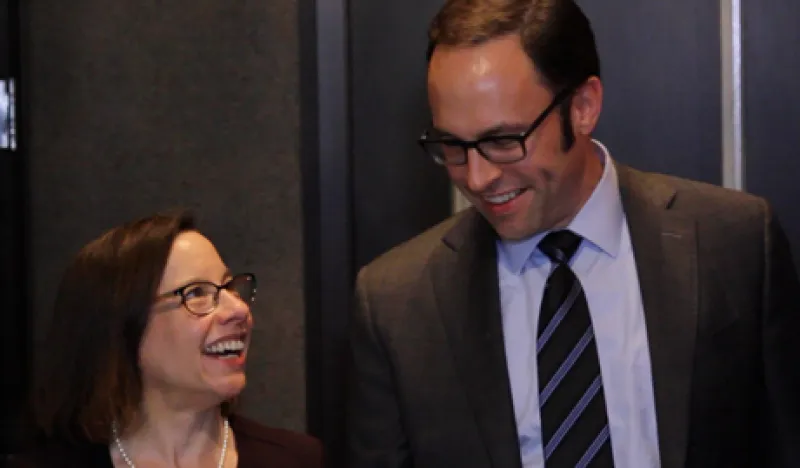
Active Management: It’s About the People
Regardless of investment strategy, the heads of actively managed funds interviewed for an II video series share some key traits: resilience, grit and humor.
Julie Segal
June 3, 2016



